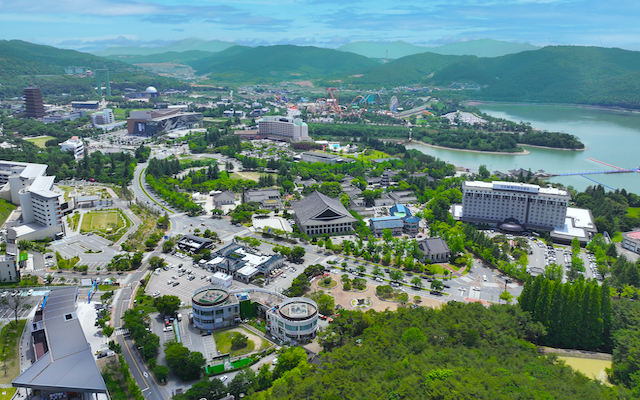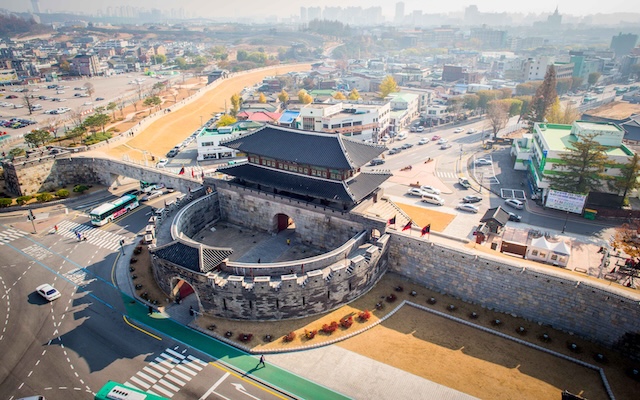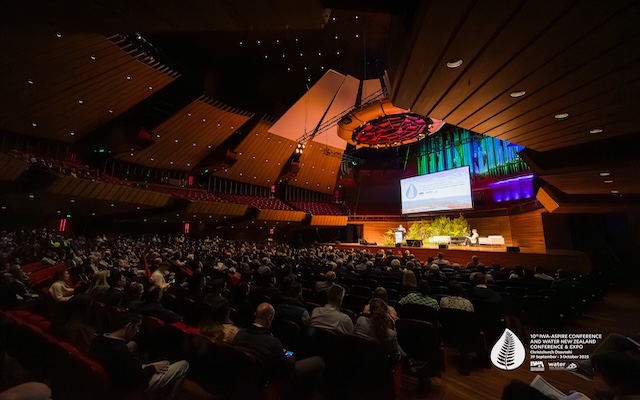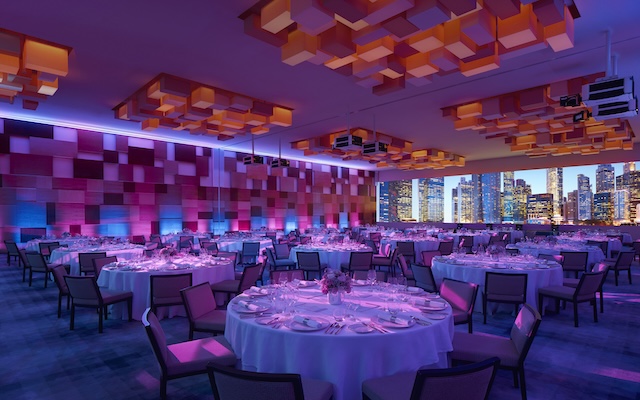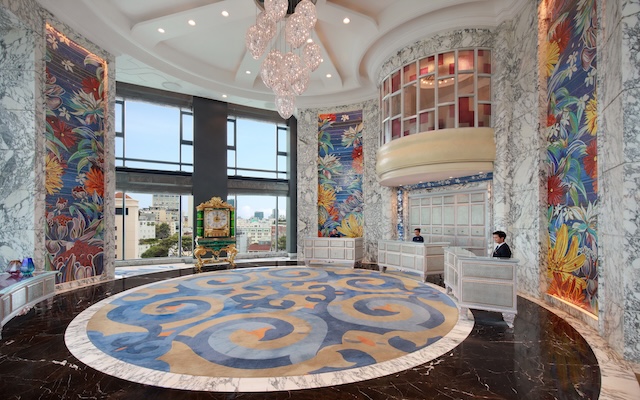
Melbourne Convention and Exhibition Trust (MCET), operators of Melbourne Convention and Exhibition Centre (MCEC) and the future Nyaal Banyul Geelong Convention and Event Centre have launched a new Accessibility Action Plan.
The Plan focuses on four key goals; improving employment opportunities for people with disabilities; improving access to goods, services and facilities at MCEC and Nyaal Banyul; collaborating with event organisers to ensure everyone can meaningfully participate and engage in events; and changing discriminatory attitudes, behaviours and practices.

According to the World Health Organisation, 16 per cent of people worldwide have a severe disability, while almost 20 per cent of Australians have a disability according to the Australian Human Rights Commission. This is a significant number of people who experience barriers to accessing public spaces and events.
As such, the Accessibility Action Plan addresses physical and non-visible barriers.
For example, MCEC has a range of accessible features available to support visitors with mobility needs, vision impairment and assisted hearing.
MCEC’s new website launched last year was designed with inclusivity in mind, complying to WCAG 2.0 Level AA Accessibility Guidelines, and providing information about accessible features as well as virtual tours of the venue, allowing visitors to explore, navigate and plan their visit. Over the next three years, MCET has committed to further enhancing accessibility at the venue.
Construction of Nyaal Banyul, which is set to open on the Geelong waterfront in 2026 is currently underway. MCET is working closely with the Victorian Government and the consortium led by Plenary Conventions to ensure Universal Design principles are embedded throughout the venue, ensuring accessible gathering spaces for all who visit.
In addition, the Positive Impact Guide was launched last year to provide event organisers with tangible resources to embed corporate social responsibility into their events. The guide includes information on accommodations that can be made to support attendees, as well as partnerships with leading disability service providers, Travellers Aid and Alkira.
MCET’s Accessibility Action Plan was developed with input from people with lived experience along with expertise from accessibility consultants in the tourism industry. This included support from the City of Melbourne Business Capacity Program.
The Accessibility Action Plan has also been designed specifically with accessibility and reasonable reading levels in mind, and is available in Plain Language and Easy English formats on the website.




